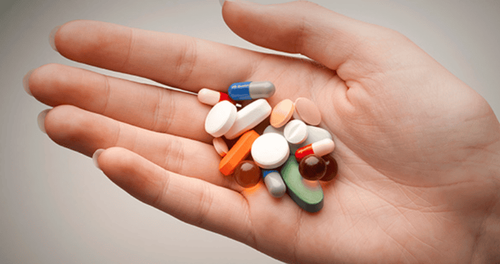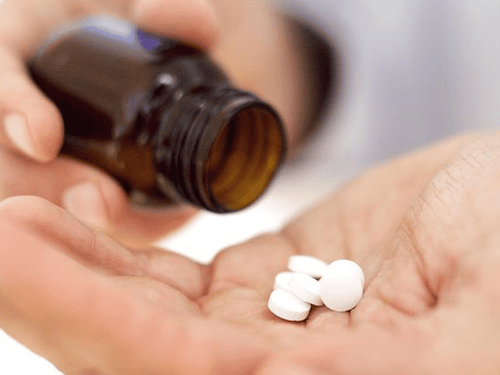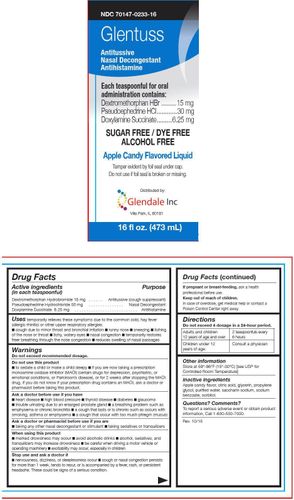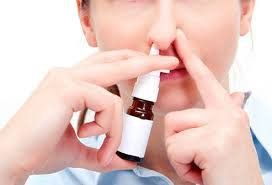This is an automatically translated article.
Many health experts advise road users to exercise caution when taking drugs before operating any type of vehicle, whether driving a car, driving a train, a plane or a boat,... By some types The drug can make you drowsy or lose your mind while driving.
1. How does taking drugs affect driving?
Although most medicines will not affect your ability to drive, some prescription and over-the-counter medicines can have side effects and cause reactions that put you at greater risk when driving. driving , including:
Drowsiness. Blurred vision, impaired vision. Headache. Slow motion. Faint. Loss of ability to concentrate and pay attention. Nausea. Jittery. Some drugs can affect driving for a short time after use. For others, the effects of the drug can last for several hours or even into the next day. Many other drugs are also warned against operating heavy machinery including driving a car.

Một số loại thuốc có thể ảnh hưởng đến việc lái xe trong thời gian ngắn sau khi sử dụng.
2. Drugs that can affect driving
People who often drive should be aware of drugs that can affect their ability to drive to ensure safe travel. Some drugs that can pose a risk while driving include:
Opioid pain relievers. Prescription medication to treat anxiety (eg, Benzodiazepine). Antiepileptic drugs. Antipsychotic drugs. Anti-motion sickness medication. Some antidepressants. Products containing Codeine . Certain cold and allergy medications, such as antihistamines (including both prescription and OTC). Sleeping pills. Muscle relaxants. Medicines for diarrhea. Diet pills, “sober mind” products, and other drugs with stimulants (e.g., Caffeine, Ephedrine, Pseudoephedrine).
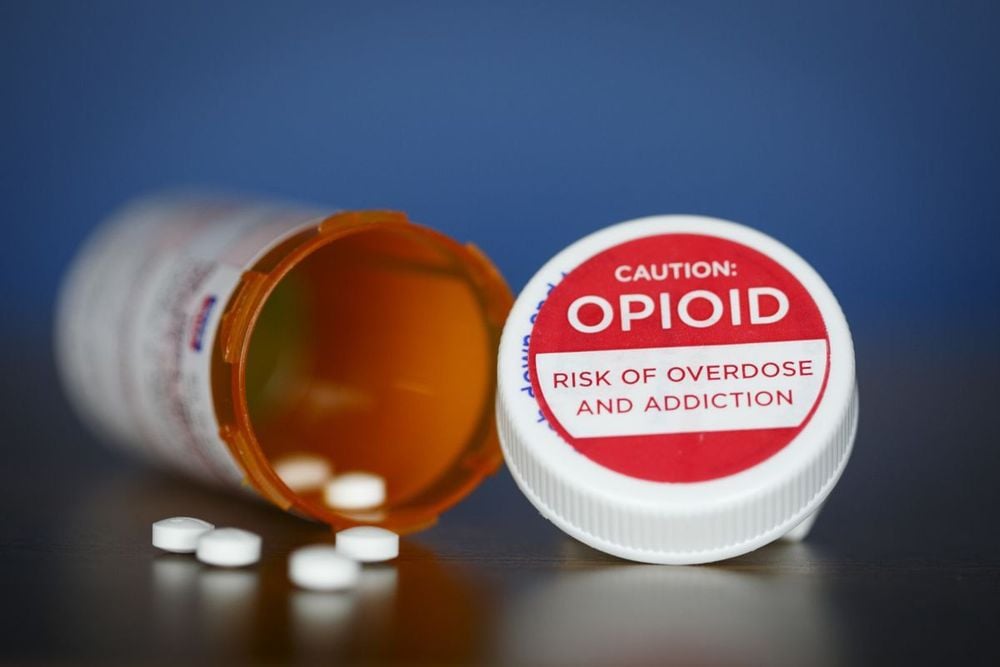
Một số loại thuốc có thể gây rủi ro khi lái xe là thuốc giảm đau Opioid, thuốc ngủ, thuốc ăn kiêng,...
3. Using Cannabidiol (CBD) while driving can be dangerous
The US Food and Drug Administration (FDA) once approved a prescription CBD drug, Epidiolex, to treat 2 rare and life-threatening seizure disorders in children. However, this is a unique case and the FDA has not yet approved any other CBD products. Unapproved CBD drugs are generally not subject to any FDA review, which means quality and efficacy cannot be guaranteed. If users take CBD pills while driving, they may experience drowsiness, sedation, or coma. Because of these effects, users should exercise caution if planning to operate a motor vehicle after using any CBD product.
4. Some sleeping pills can affect your ability to drive the next day
There are many people who have problems with sleep that make them need the help of sleeping pills to have a more comfortable sleep. However, the next morning some of these sleeping pills can make it difficult to do activities that require concentration and alertness, including driving.
An ingredient that appears quite commonly in prescription sleeping pills is Zolpidem, which belongs to the class of sedatives. Medical professionals have recognized that medicines containing Zolpidem, especially the extended-release form, can impair your ability to drive and other activities the next morning. Zolpidem extended release is marketed under brand names such as:
Ambien and Ambien CR (oral tablet). Edluar (sublingual tablets). Intermezzo (sublingual tablets). Zolpimist (spray). People who regularly take sleeping pills should talk to their doctor about how to use the lowest effective dose, so as not to affect the next day's activities.
5. Allergy medications can affect your ability to drive
For people with allergies, antihistamines can help relieve many different types of allergies, including hay fever. However, these drugs may affect your ability to drive and operate heavy machinery.
Read the drug information label carefully and watch out for warnings when using it. Also, avoid drinking alcohol or taking sleeping pills while you're taking certain antihistamines. These combinations can increase the sedative effects of antihistamines, which can affect your ability to concentrate while driving.
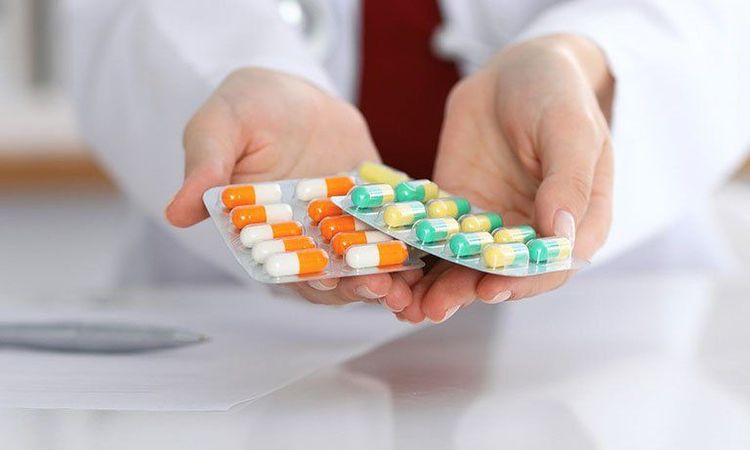
Thuốc Histamine có thể ảnh hưởng đến khả năng lái xe và vận hành máy móc hạng nặng.
6. How to take medicine safely while driving?
In fact, you can still drive safely even while taking many drugs. Talk to your doctor about possible side effects before taking any medication.
To manage or minimize drug side effects while driving, your doctor may consider adjusting the dose, duration, or switching to another medication with fewer side effects.
Here are some other suggestions:
Follow the instructions for use and the warnings on the medicine packaging properly. Do not arbitrarily stop using the drug unless directed by the prescriber. Talk to your doctor about all of the medicinal products you are taking, including prescription, OTC products, supplements and herbs, etc. Also, tell your doctor about any side effects. any side you encounter for timely handling. It can be seen that the use of drugs has a significant effect on the driving process. Therefore, in order for the treatment to be effective and to minimize the side effects. Before taking the drug, you need to consult a pharmacist and a specialist.
Not only taking the lead in medical examination and treatment services, Vinmec International General Hospital also receives advice on all health issues, including medication use.
Presenting a general health checkup package at Vinmec International General Hospital, helping doctors examine and understand the health status of each patient, thereby advising and specifying the use of drugs as well as treatment methods. Effective treatment helps patients to recover soon in terms of health.
Please dial HOTLINE for more information or register for an appointment HERE. Download MyVinmec app to make appointments faster and to manage your bookings easily.




